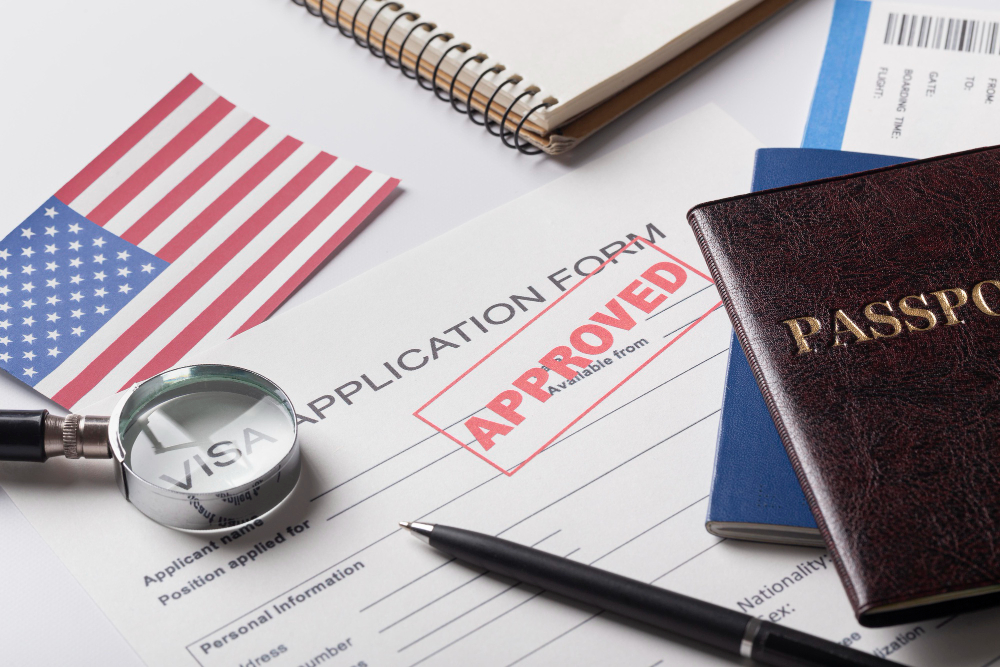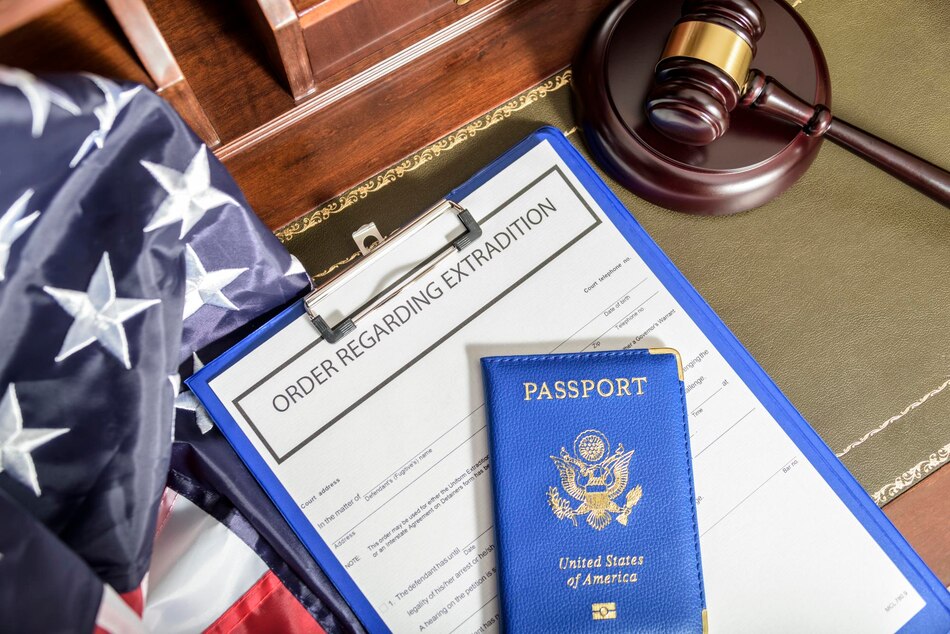Introduction
As the global landscape continues to evolve, so does the discourse surrounding immigration reform. In 2023, nations around the world are reevaluating and reshaping their immigration policies to address contemporary challenges, societal needs, and humanitarian considerations. In this in-depth exploration, we’ll delve into the key aspects of immigration reform in 2023, examining trends, shifts, and the potential impact on individuals, communities, and the broader geopolitical landscape.
Understanding the Drivers of Immigration Reform in 2023
Immigration reform is often driven by a combination of factors that vary from country to country. In 2023, several global trends are influencing the conversation around reform:
- Economic Considerations:
- Many nations are revisiting their immigration policies to align with economic needs. The demand for specific skills, labor shortages in certain sectors, and a focus on fostering innovation and entrepreneurship are central drivers.
- Humanitarian Imperatives:
- The plight of refugees and displaced persons continues to be a pressing concern globally. Immigration reform in 2023 includes efforts to address humanitarian challenges, offering protection and support to those fleeing conflict, persecution, or environmental crises.
- Security and Border Control:
- Striking a balance between maintaining national security and facilitating the movement of people is a constant challenge. Immigration reforms are likely to include measures that enhance border control, background checks, and security screening processes.
- Climate-Induced Migration:
- With the increasing impact of climate change, nations are recognizing the need to address migration resulting from environmental factors. Immigration reform in 2023 may include provisions to accommodate those displaced by climate-related events.
- Global Collaboration:
- In an interconnected world, collaboration among nations is crucial. Immigration reforms often reflect an awareness of international dynamics and a commitment to working together to address shared challenges.
Key Themes in Immigration Reform in 2023

- Skill-Based Immigration Systems:
- Skill-based immigration systems are gaining prominence as countries seek to attract individuals with specific talents and expertise. Points-based systems that prioritize education, language proficiency, and professional experience are becoming more widespread.
- Pathways for Undocumented Immigrants:
- Many nations are reassessing their approach to undocumented immigrants, exploring pathways to regularization and legal status. Reform measures aim to strike a balance between upholding the rule of law and addressing the humanitarian aspects of undocumented migration.
- Family Reunification Policies:
- Family reunification remains a cornerstone of immigration policies. However, the definition of family and the criteria for sponsorship are evolving. Nations are considering the balance between family unity and broader economic and societal goals.
- Technology Integration:
- Advancements in technology are influencing immigration reform. Countries are incorporating digital platforms, biometric verification, and data analytics to streamline processes, enhance security, and improve the overall efficiency of immigration systems.
- Refugee Resettlement Programs:
- Immigration reform in 2023 includes a focus on strengthening and expanding refugee resettlement programs. Nations are reevaluating their capacity to provide a safe haven for those seeking refuge from conflict and persecution.
Impact on Individuals and Communities
The impact of immigration reform is felt at the individual and community levels. Here are some aspects to consider:
- Opportunities for Skilled Workers:
- Skill-based immigration systems create opportunities for skilled workers to contribute to host countries, fostering innovation and economic growth.
- Humanitarian Support for Refugees:
- Strengthened refugee resettlement programs reflect a commitment to providing humanitarian support to those in need. This has a direct impact on refugees, offering them a chance for a new beginning.
- Family Dynamics:
- Changes in family reunification policies may influence the ability of individuals to be with their loved ones. Striking a balance between family unity and broader societal goals requires careful consideration.
- Technology-Driven Efficiency:
- The integration of technology into immigration processes can lead to more efficient and streamlined procedures. However, it also raises questions about data privacy, security, and potential biases in automated systems.
- Undocumented Immigrants and Legalization:
- Pathways to legal status for undocumented immigrants provide an opportunity for regularization, reducing the vulnerabilities associated with living in the shadows.
Navigating the Future of Immigration
As nations embark on immigration reform in 2023, the dynamic nature of the global landscape requires adaptability and collaboration. Here are some considerations for individuals and communities navigating these changes:
- Stay Informed:
- Regularly check official government sources and immigration updates to stay informed about policy changes and evolving requirements.
- Community Engagement:
- Engage with immigrant communities, support organizations, and advocacy groups. Community networks can provide valuable information and support.
- Legal Guidance:
- Seek legal advice from professionals specializing in immigration law to navigate the complexities of reform and ensure compliance with new regulations.
- Adaptability:
- Be adaptable to changes in Immigration Reform in 2023. The evolving nature of reform requires individuals to stay flexible and proactive in understanding and meeting new requirements.
- Advocacy and Participation:
- Participate in advocacy efforts and community dialogues. By sharing experiences and perspectives, individuals can contribute to shaping immigration policies that are fair, inclusive, and responsive to the needs of diverse communities.
Conclusion
Immigration reform in 2023 reflects the ongoing effort to balance national interests, economic goals, and humanitarian imperatives. As nations adapt to the complexities of the modern world, individuals and communities must navigate these changes with resilience, understanding, and a commitment to fostering inclusive societies. The future of immigration lies in the collaborative efforts of nations and the ability of individuals to adapt to a world that is constantly in flux.
Frequently Asked Questions (FAQ) – Immigration Reform 2023
1. Why are nations focusing on skill-based Immigration Reform in 2023?
- Skill-based immigration systems are prioritized to attract individuals with specific talents and expertise that contribute directly to a nation’s economic growth and innovation.
2. How do changes in family reunification policies impact immigrants?
- Changes in family reunification policies may influence the criteria for sponsorship and impact family dynamics. Nations are reevaluating the balance between family unity and broader societal goals.
3. What opportunities do skill-based immigration systems offer to skilled workers?
- Skill-based immigration systems create opportunities for skilled workers to contribute to host countries, fostering innovation and economic growth in sectors requiring specialized expertise.
4. Are there pathways for regularization for undocumented Immigration Reform in 2023?
- Many nations are reassessing their approach to undocumented immigrants, exploring pathways for regularization and legal status to address the humanitarian aspects of undocumented migration.
5. How does technology integration impact Immigration Reform in 2023?
- The integration of technology into immigration processes aims to streamline procedures, enhance security, and improve efficiency. However, questions about data privacy, security, and potential biases in automated systems may arise.
6. What is the focus of refugee resettlement programs in 2023?
- Immigration reform in 2023 includes a focus on strengthening and expanding refugee resettlement programs to provide humanitarian support to those fleeing conflict and persecution.
7. How can individuals stay informed about immigration reform changes?
- Individuals can stay informed by regularly checking official government sources, immigration websites, and participating in community events. Legal professionals specializing in immigration law can also provide valuable guidance.
8. What considerations should undocumented immigrants keep in mind during immigration reform?
- Undocumented immigrants should stay informed about regularization pathways, engage with community support organizations, and consider seeking legal guidance to navigate the evolving landscape of immigration reform.
9. How can individuals adapt to changes in immigration processes?
- Adaptability is key. Stay flexible, proactively seek information on changing requirements, and engage in community dialogues to understand and meet new immigration criteria.
10. How can individuals contribute to shaping inclusive immigration policies?
- Individuals can participate in advocacy efforts, share their experiences and perspectives, and engage in community dialogues to contribute to shaping immigration policies that are fair, inclusive, and responsive to diverse community needs.











